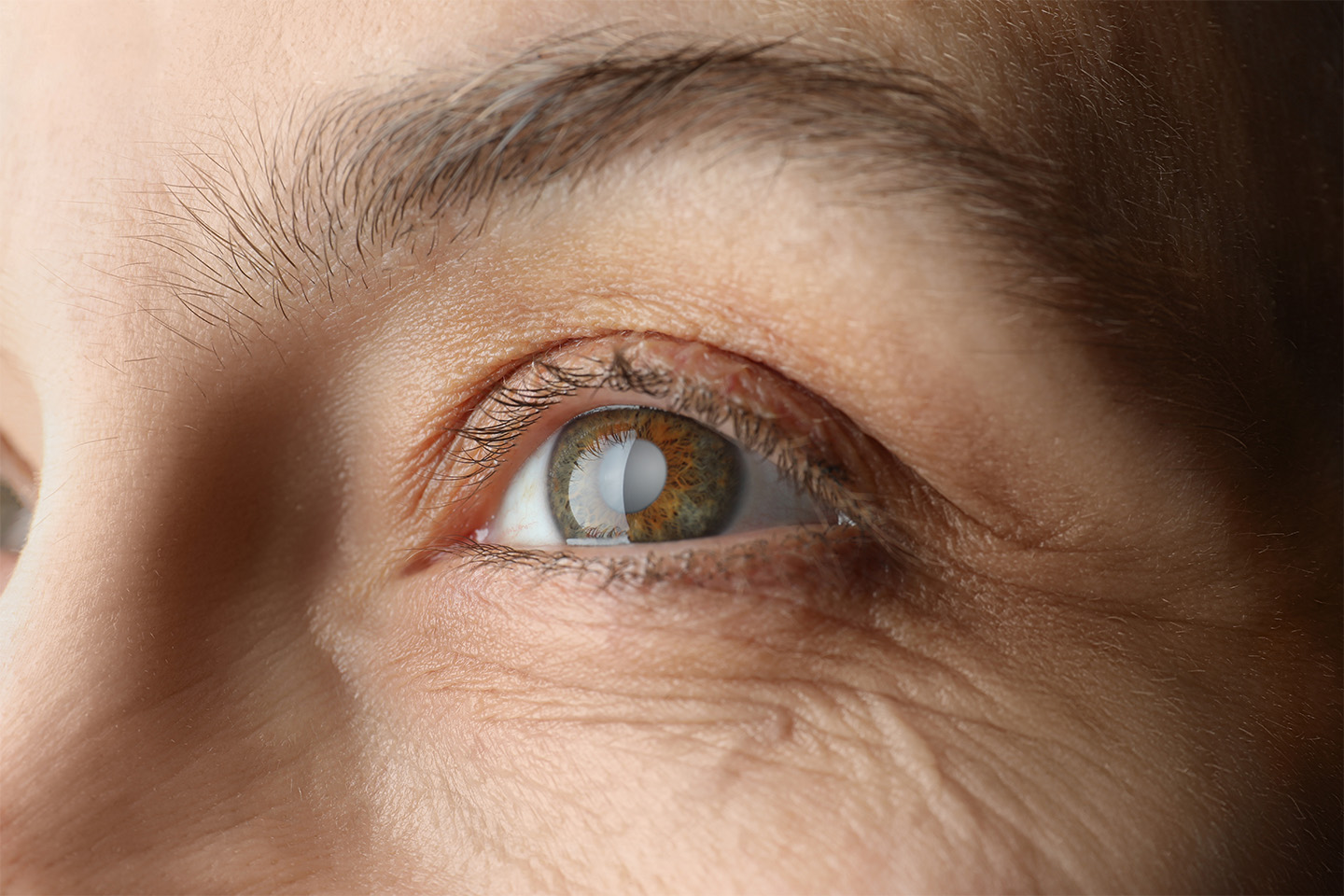The Dos and Don’ts of Cataract Surgery Recovery

Recovering from cataract surgery is usually a painless, stress-free process. However, you need to be aware of what to expect in recovery and be sure to follow your doctor’s recommendations to achieve the best results.
If you’re one of the millions of Americans affected by cataracts, cataract surgery is a quick and easy procedure that can reverse vision loss and protect your eyesight going forward. In fact, 90% of people who have cataract surgery report excellent results after receiving the treatment, which can take less than ten minutes to complete.
While these results are encouraging, they depend on patients following their doctors’ recommendations during the recovery period. Just because the procedure is short and you can go home in a matter of hours doesn’t necessarily mean that you’re in the clear once your eye care specialist says you can leave.
Instead, it’s important for patients who have just undergone cataract surgery to follow a set of do’s and don’ts that can affect the long-term outcome of their procedure. If you’re preparing for cataract surgery or you’re just curious what the recovery period looks like, take a look at the following recommendations.
Cataract Recovery Tips
Do: Take It Easy
Unsurprisingly, your eyes are going to be very sensitive following your cataract procedure. It’s important to relax during your recovery period. This means you should avoid heavy lifting that could put pressure on the eye, refrain from intensive physical activity like going to the gym, and rest in a comfortable position if you’re feeling tired or your eyes feel strained.
Don’t: Drive a Vehicle
Your eyes will take some time to adjust to the removal of a cataract, so it’s normal for your vision to be blurry after your procedure. After you wait for medication to wear off, you’ll need someone else to drive you home. You should also wait to operate a vehicle until your vision stabilizes. For most patients, this takes a few days, but it can take up to one or two weeks in some cases.
Do: Take Your Medication
Eye care specialists will likely recommend a series of antibiotic and anti-inflammatory eye drops for you to take as your recovery. Be sure to take these at the appropriate intervals so you don’t experience any complications. If you need help applying them, ask family, friends, or the staff at your doctor’s office for assistance.
Don’t: Disturb Your Eyes
Your eyes are going to be especially sensitive after cataract surgery, so you’ll need to be careful as you recover. This means that you should avoid rubbing your eyes, as it could disturb the natural recovery process. You should also steer clear of makeup until you get the all-clear from your doctor to begin using it again.
Do: Use an Eye Guard
Many eye care specialists give patients eye guards to wear after their procedure. Also known as protective shields, these devices safeguard your eye during the critical hours after your procedure. You can usually take these off later on during the day of the procedure, but your doctor will likely ask that you still wear them when you sleep or nap for several days afterward.
Don’t: Go Swimming
It’s critical that your eyes don’t become infected after cataract surgery. To that end, don’t go swimming or use hot tubs for several weeks as you recover. This includes public and private facilities. Your doctor will probably have specific guidance when it comes to bathing, so be sure to follow those recommendations.
Do: Check In with Your Doctor Regularly
Typically, patients meet with their doctor the day after their procedure so that he or she can ensure that everything is healing properly. After this, you should check in with your eye care specialist if you have any questions or if certain side effects such as blurry vision aren’t going away with time.
If you need cataract surgery or you’re just curious about the procedure, reach out to an eye care specialist today. By scheduling a consultation with ICON Eyecare, you can get the conversation with our team. We’d be happy to discuss cataract surgery with you, go over your eye care needs, and recommend a treatment plan as you assess your visual health.
[DISPLAY_ULTIMATE_SOCIAL_ICONS]








